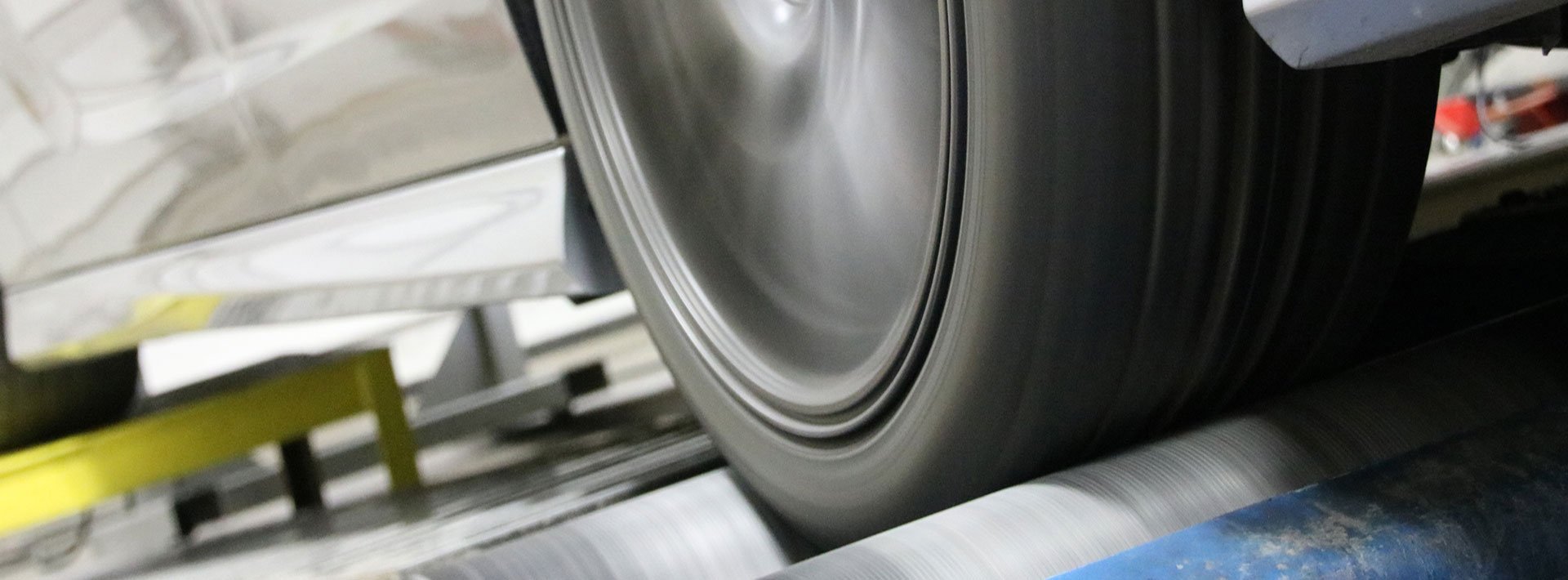JWL VIA Passenger Car Wheel Impact Test Japan
The JWL VIA (Vehicle Impact) Test is a critical procedure in automotive safety standards. This test evaluates the structural integrity and performance of passenger car wheels under simulated impact conditions, ensuring they can withstand real-world collisions without compromising vehicle occupants' safety.
The test involves subjecting a wheel to a controlled impact using a specific apparatus that simulates the forces experienced during a vehicle collision. The primary objective is to assess whether the wheel remains intact and functions properly post-impact. Compliance with this test is mandatory for certain markets, including Japan, where it forms part of the stringent automotive safety regulations.
The JWL VIA test is conducted in accordance with Japanese Industrial Standard (JIS) standards. The apparatus used in this test includes a rigid impact bar and a pendulum that delivers the specified impact force to the wheel. The test is performed at various angles and velocities to simulate different collision scenarios, ensuring comprehensive evaluation.
Preparing for the JWL VIA Test involves meticulous specimen preparation. Wheels must be free from defects and in pristine condition before testing. This includes checking for any pre-existing damage or wear that could affect the outcome of the test. The wheels are then securely mounted on a suitable stand, ensuring they are aligned correctly to replicate real-world conditions as closely as possible.
The test procedure itself is rigorous and involves several steps. Once the wheel is in position, the impact bar is raised to its predetermined height and released to strike the wheel at high speed. The force of the impact is recorded by sensors within the apparatus. After the impact, the wheel's condition is visually inspected for any signs of damage or deformation.
The results of the JWL VIA Test are crucial for ensuring that wheels meet safety standards. Compliance with this test is not only a regulatory requirement but also a testament to a manufacturer's commitment to safety and quality. The test ensures that wheels can withstand real-world impacts, thus protecting vehicle occupants in the event of an accident.
It is essential for manufacturers to understand the importance of this test and its role in overall automotive safety. By adhering to JWL VIA standards, automakers demonstrate their dedication to producing safe vehicles that meet global safety benchmarks. This not only enhances brand reputation but also ensures compliance with international regulations.
Why It Matters
The JWL VIA Passenger Car Wheel Impact Test is of paramount importance in the automotive industry because it directly impacts passenger safety during vehicle collisions. By evaluating wheel performance under simulated impact conditions, this test ensures that wheels can maintain their structural integrity and continue to function safely post-impact.
Compliance with the JWL VIA standards is particularly critical for manufacturers aiming to penetrate markets like Japan, where stringent safety regulations are in place. Meeting these standards not only helps avoid potential legal issues but also enhances brand reputation by demonstrating a commitment to safety and quality.
- Enhanced Safety: Ensures wheels can withstand real-world collisions without compromising passenger safety.
- Compliance: Necessary for compliance with Japanese Industrial Standards (JIS).
- Market Access: Facilitates entry into markets that require strict safety certifications.
Industry Applications
The JWL VIA Passenger Car Wheel Impact Test is primarily used in the automotive sector to evaluate wheel performance under simulated collision conditions. This test is particularly relevant for manufacturers of passenger vehicles, including cars, SUVs, and light commercial vehicles.
- Passenger Cars: Ensures wheels can withstand impacts during vehicle collisions.
- SUVs: Evaluates wheel performance in off-road conditions that may involve high-speed impacts.
- Light Commercial Vehicles: Checks wheel resilience and durability under various collision scenarios.
Quality and Reliability Assurance
The JWL VIA Passenger Car Wheel Impact Test plays a crucial role in quality and reliability assurance by providing a standardized method to evaluate wheel performance. This test ensures that wheels meet stringent safety standards, thereby enhancing overall vehicle safety.
- Standardized Testing: Ensures consistent evaluation of wheel performance across different manufacturers and models.
- Data Verification: Provides accurate data for quality control and improvement initiatives.
- Regulatory Compliance: Helps manufacturers comply with international safety regulations, particularly in Japan.





